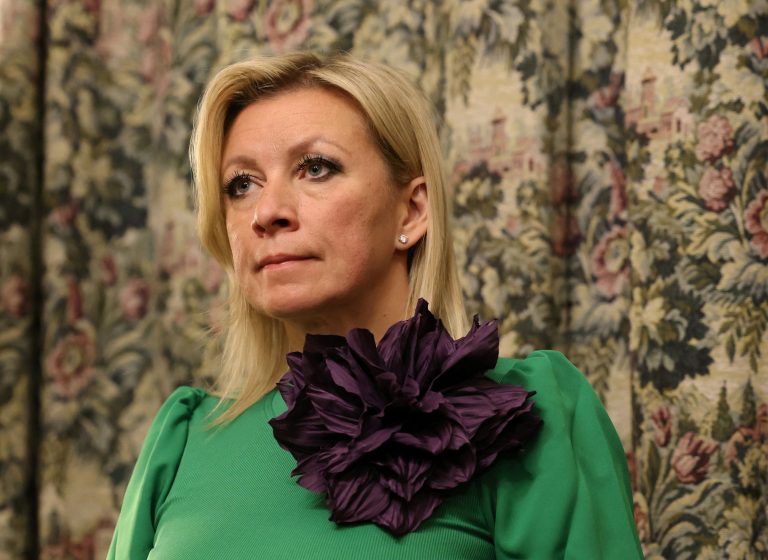At a press conference, the Russian Foreign Ministry presented a series of positions on the Russian-American dialogue, relations with the European Union, developments in the war in Ukraine and Moscow's response to Western sanctions.
The ministry's spokeswoman Maria Zakharova stressed that Russia is not planning an attack on NATO countries, but at the same time is taking measures to ensure national security and wants to be prepared for all possible scenarios. She strongly criticised the Western sanctions and described Brussels' decisions as ideologically motivated. She announced that Moscow is preparing a "well-calibrated" response to the latest restrictions.
At the same time, she reported that communication between Russia and the United States, although slower than Moscow would like, continues to exist. According to her, the foreign ministers of both countries are aware of the need for regular contact.
At the same time, Russia declared its readiness to participate in the second Russian-American summit in Budapest if the meeting is properly prepared and builds on the results of the previous talks in Alaska.
The latest phone call between Donald Trump and Vladimir Putin, after which Kiev and several European governments expressed their willingness to negotiate a freeze on the front line, became the first sign of a possible diplomatic breakthrough after months of stagnation.
The West agreed on an offer that was significantly more favourable to Moscow than Ukraine's initial ideas - Russia would in practice be left with almost all of the territories it had occupied so far, albeit without formal recognition of their annexation. However, due to fundamental disagreements over the terms of the ceasefire in Ukraine, the agreement was not accepted. Indeed, Moscow insisted on full control over the Donbas, and was only willing to concede its claims to part of Ukrainian territory in Zaporizhzhya and Kherson oblasts.
(tass, mja)
